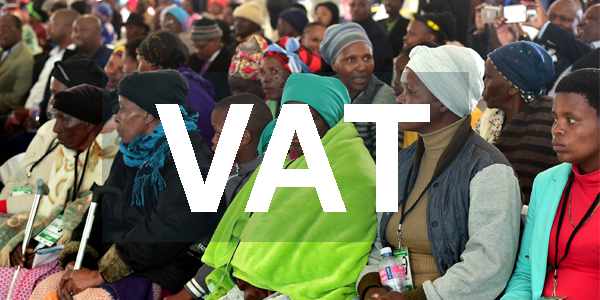
Fact and Fiction - A comment on the 2025-6 Budget
SA's overall economic strategy in the budget and the proposed VAT increase demand more rigorous debate.

SA's overall economic strategy in the budget and the proposed VAT increase demand more rigorous debate.

A middle ground that benefits all could be found between the ANC’s interventionist instincts and the DA’s libertarian leanings.
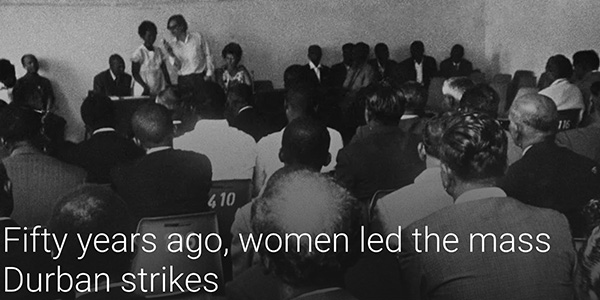

SA can choose to stick with an outdated energy system, or embrace a future where clean energy powers industries, drives growth and secures wellbeing.

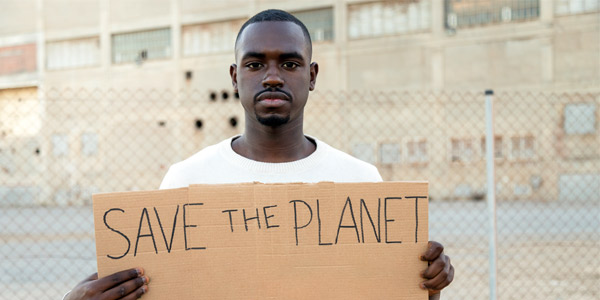
Reducing emissions, removing greenhouse gases, repairing ecosystems and building resilience are the four R’s that can save the planet.
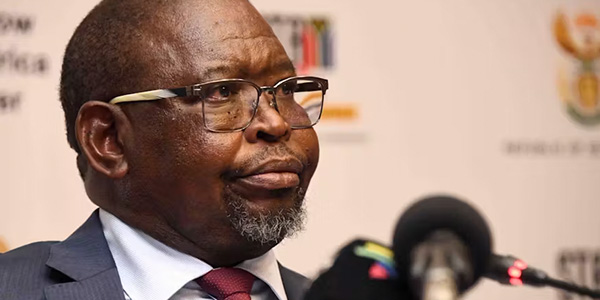
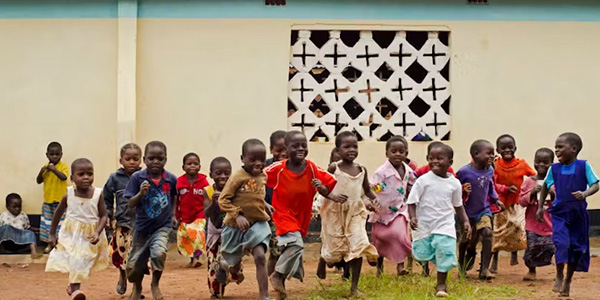
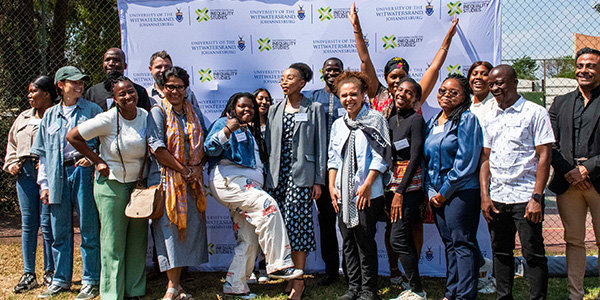
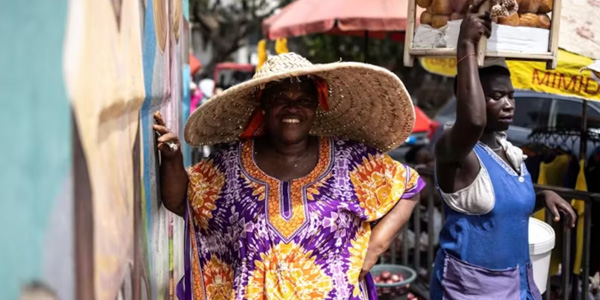
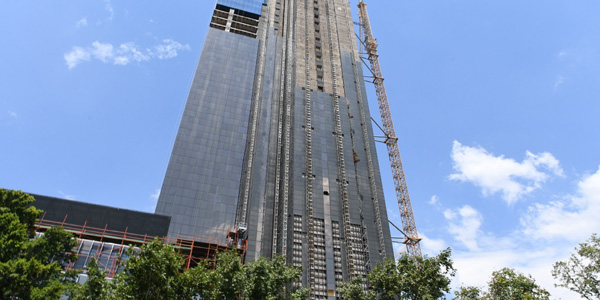
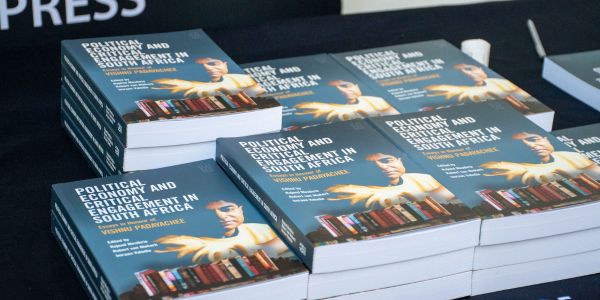
Vishnu Padayachee believed in negotiating from a position that truly represents the needs of the working class - Imraan Valodia

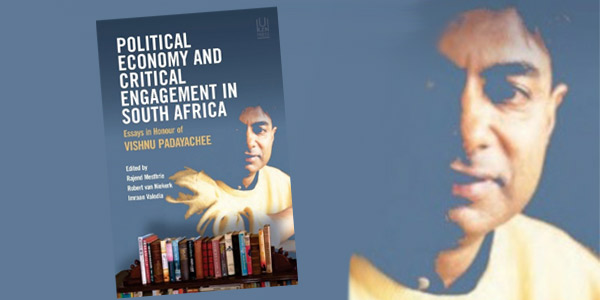
He was my friend and mentor, serving as a bridge between an emerging generation of activist academics and an older generation of more established ones.
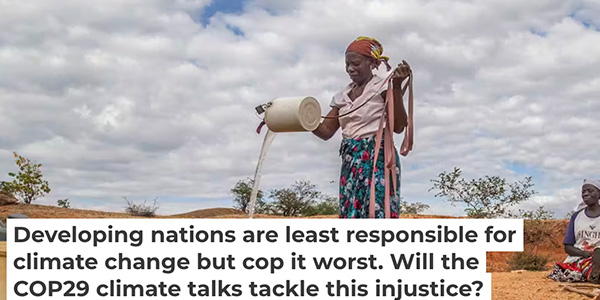

Developing nations are least responsible for climate change but cop it worst. Who is responsible for climate change?
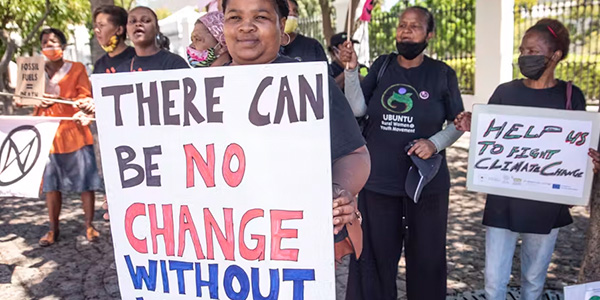
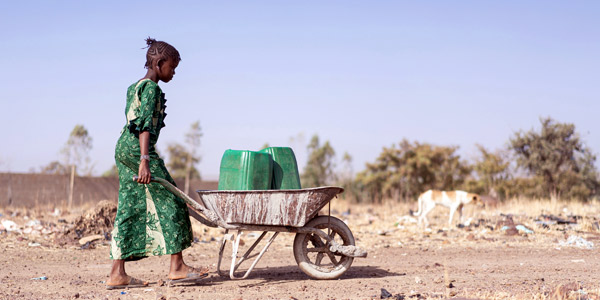
Evidence suggests that a low-carbon transition could worsen gender inequalities if not properly addressed in climate policy.
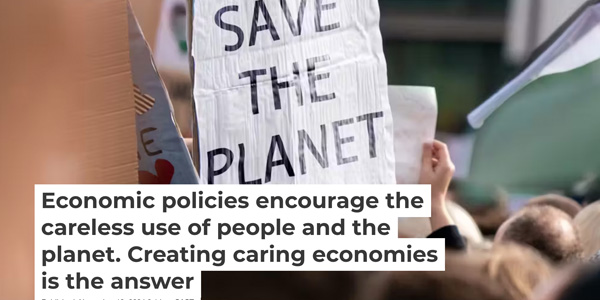
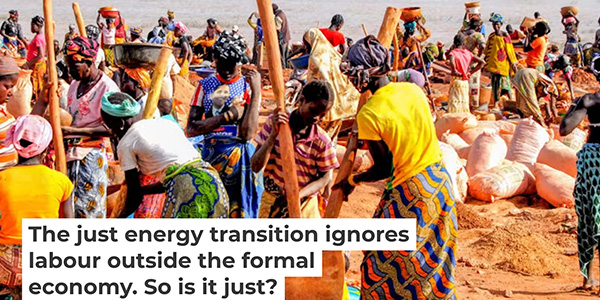
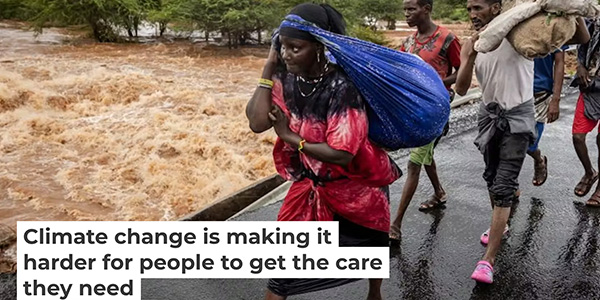
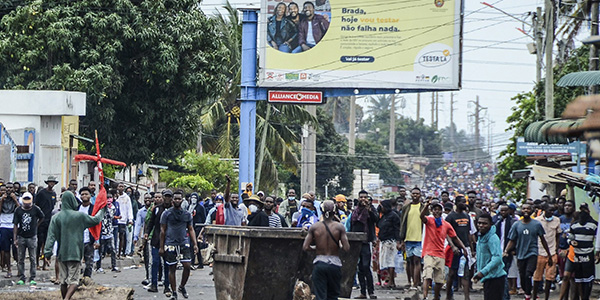
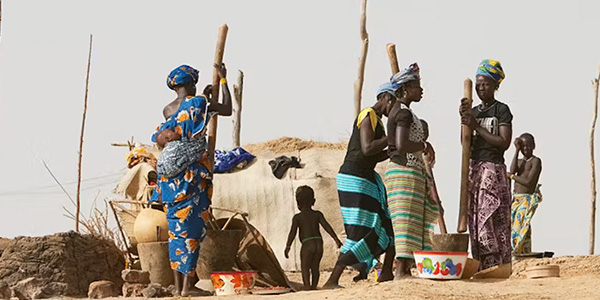
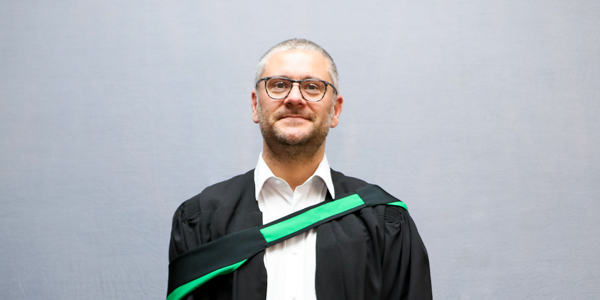
Michael Sachs, former head of Treasury budget office, says less austerity would lead to more credible outlook

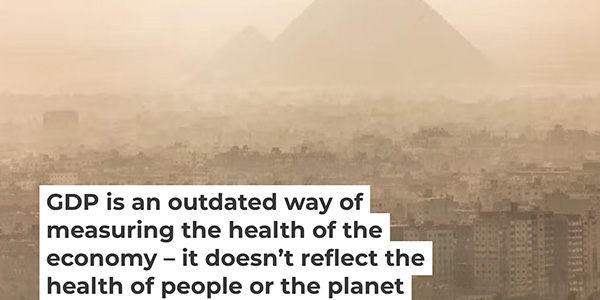
Economics and economic policy need a rethink.
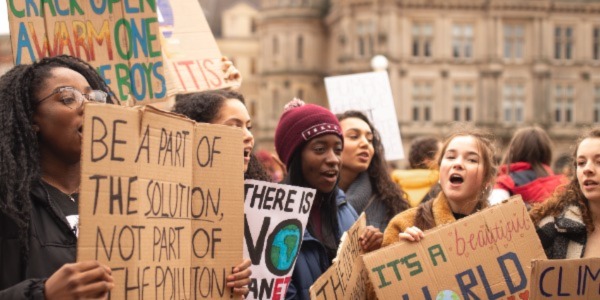
Communities across the world are facing two worsening crises: a climate crisis and a care crisis.
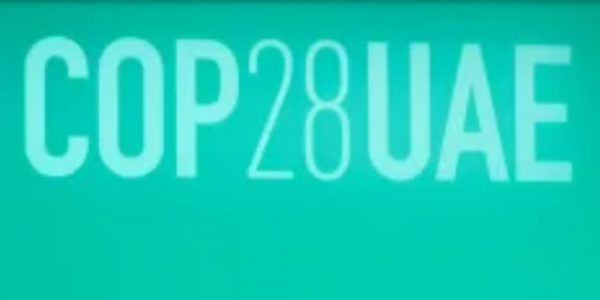
One of the main outcomes of COP29 is expected to be a new goal for global climate finance but there are substantive challenges.
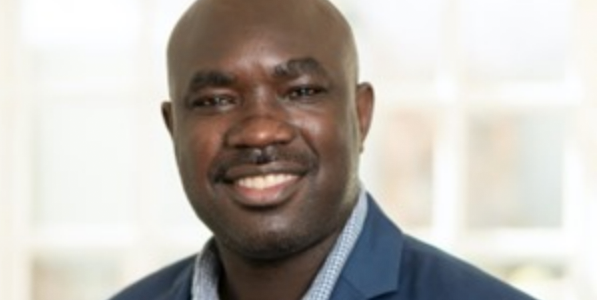
In the first of our Viewpoints series, which features guest written articles from people on the continent.
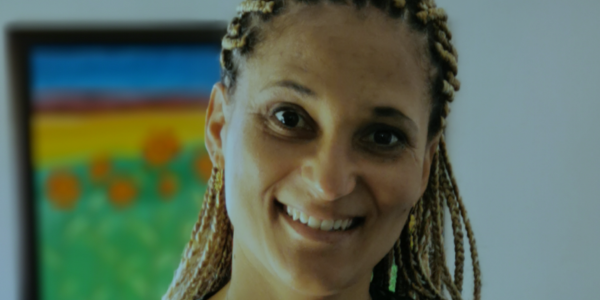
Here are 3 key areas where more public spending would get results.

With growing populations and major youth unemployment in Africa, more must be done to create jobs and help young people develop the right skills.
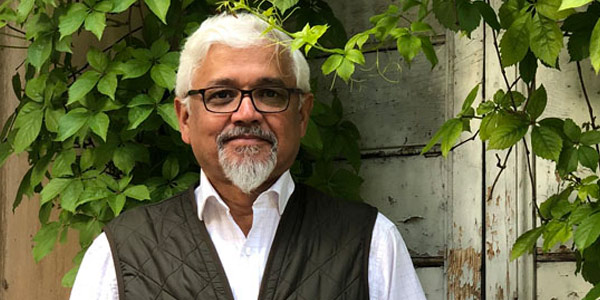
Amitav Ghosh has used his storytelling prowess to outline the historical and political roots of climate change within systems of power and oppression.
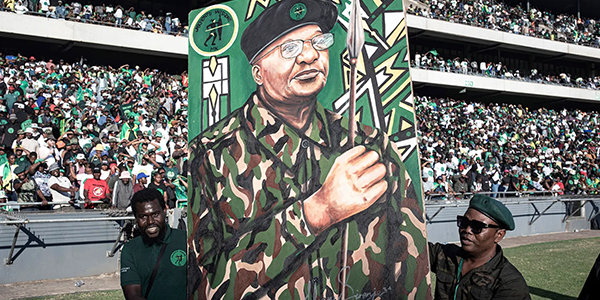
In South Africa’s watershed election last May, the African National Congress (ANC) failed to secure an outright majority for the first time.
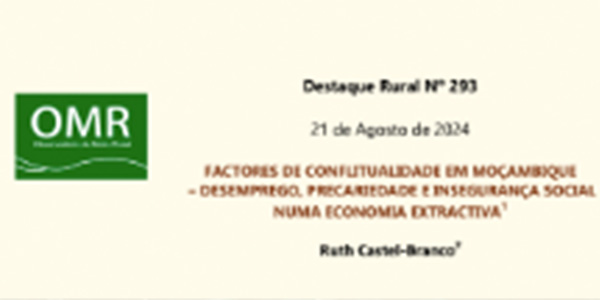
“Dói porque não é normal estudar e ser desempregado. A frustração até pode dar uma trombose. Sem emprego, vamos ficar marginais, queimar infraestrutura, queimar
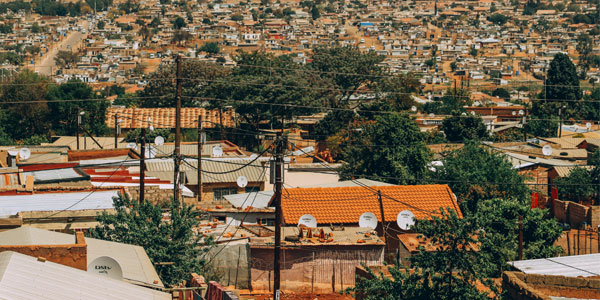
Inequality is bad for politics, the economy, society and climate change, and South Africa has a huge gap between rich and poor.
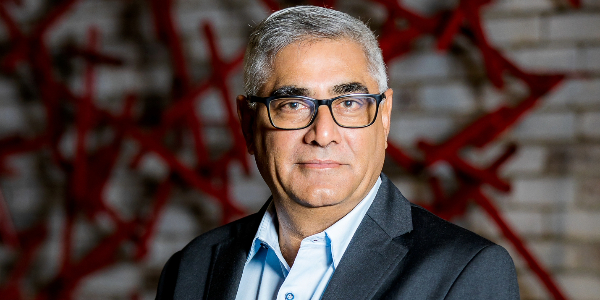
South Africa has exceptionally high levels of inequality.

The country needs fresh thinking to shift the economy onto a more employment-intensive growth path.
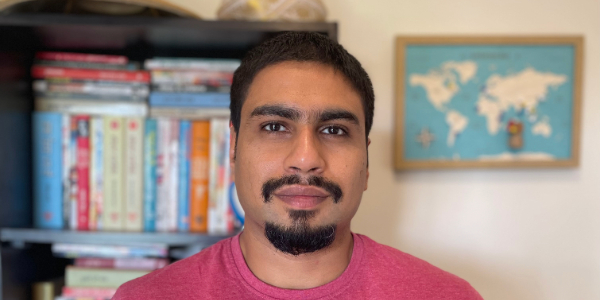
Kabir Arora (Qabeer Jalandhari) appointed as General Secretary of the International Alliance of Waste Pickers

Over the last decade or so there has been something of a revolution in economics.
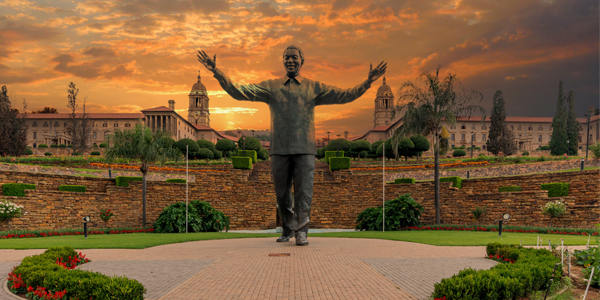
Despite the knife-edge upon which South Africans live, the country is not, in fact, a failed state – but a new form of democracy is required.
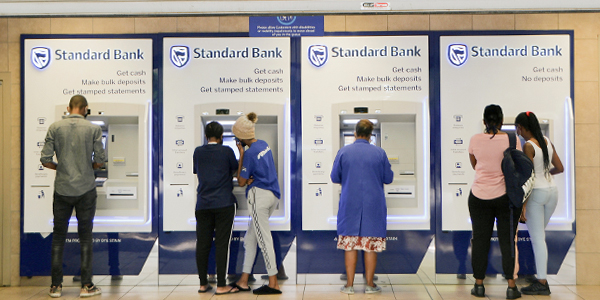
The child support grant and proposed pregnancy grant give children a healthier start in life and make democratic and economic sense.

Party manifestos lack a clear, coherent and inspiring roadmap for a just transition
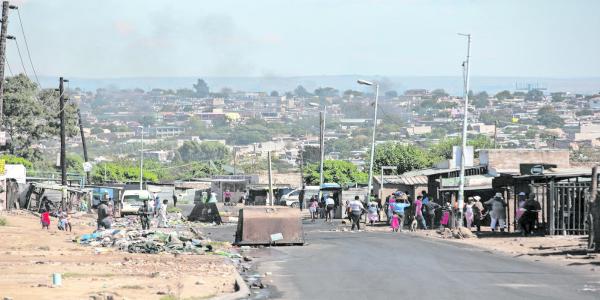
"I was once a great democratic leader of a prosperous African country … never mind what happened after 1997."

What happened to the Just Energy Transition grants? Where has the money gone to?
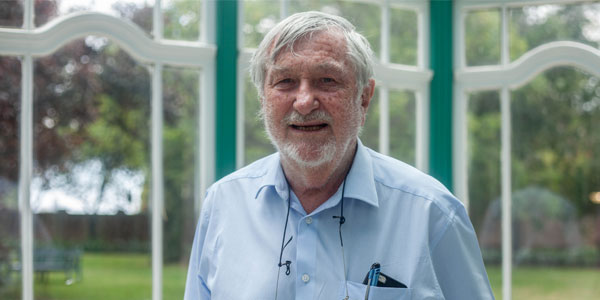
Eddie Webster was the ultimate socially engaged academic who played a key role in the labour movement.
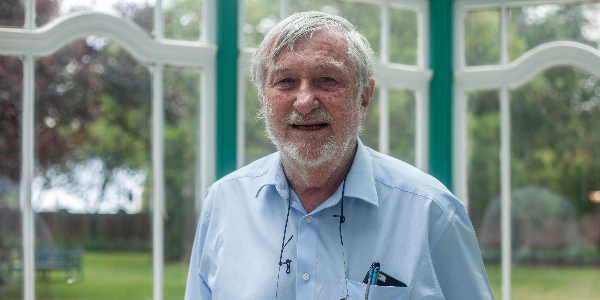
Eddie Webster was the ultimate socially engaged academic who played a key role in the labour movement
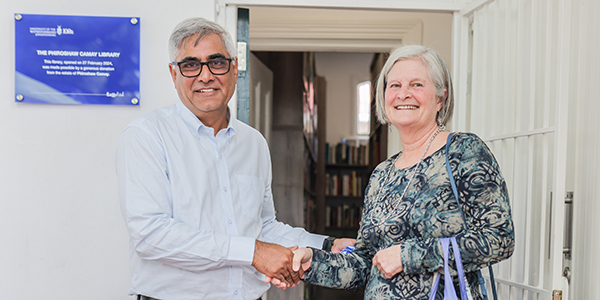
The new facility boasts a collection of 8 000 books from Camay, an activist, unionist and champion of democracy who was once denied access to a library.
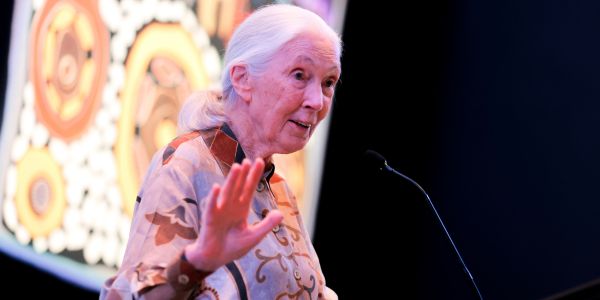
Dr Jane Goodall is positive that we will overcome challenges such as climate change and biodiversity devastation.

Farmers are calling for action to be taken to address delays at the country’s ports, outbreaks of animal diseases and rising interest rates.
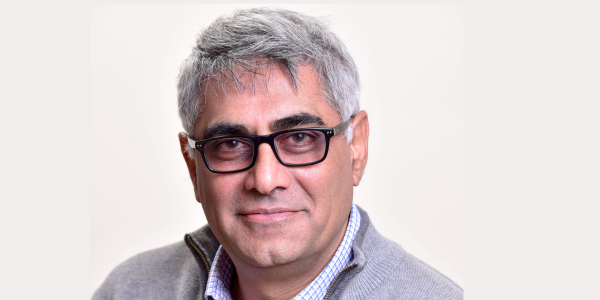
Professor Valodia's appointment stands as a testament to the University’s commitment to academic excellence and societal impact.
.jpg)
Wits University scholars reflect on the Israel-Gaza war and what informs their solidarity as part of the Global South community.

9 Postdoc Fellows join Wits to boost research on the intersecting themes of climate change, just transition, sustainability, and inequality.
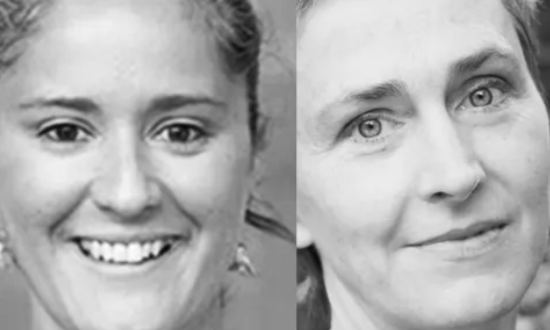
We have just had the final text negotiated at COP28 in Dubai.

The lack of academic representation from climate justice conferences such as COP28 by Global South universities is worrying

Discussions and negotiations on climate change will take place at COP28 after another year of record-breaking climate events and extreme weather changes.

South Africa and renewable energy: a 12-year-old programme offers insights for countries moving to cleaner power sources.

The consequences of the finance minister’s misunderstanding of the nature of caring work are likely to be particularly severe for the NPO sector

Leading politicians in the UK, including the prime minister, Rishi Sunak, are of African Indian descent.
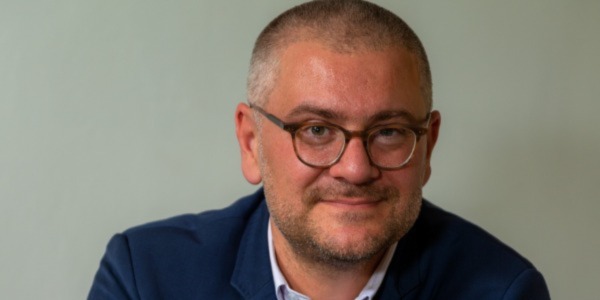
Former Treasury official lays into unprecedented cost cuts

Former Treasury budget office head says the medium-term budget will bring unprecedented austerity.

Science should serve as the unifying force that brings Africa together.
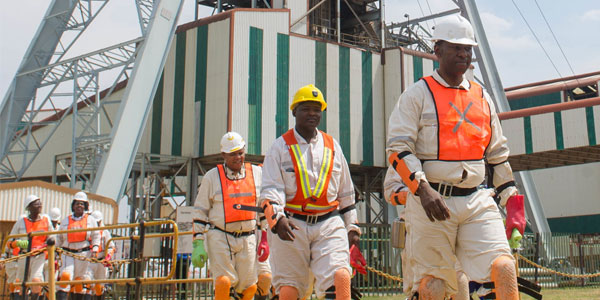
Changes in the law will ensure that companies can’t go on ignoring inequalities in earnings and wealth in South Africa.

Workers still have power and agency but sustainable collective organisation is under threat from the Fourth Industrial Revolution
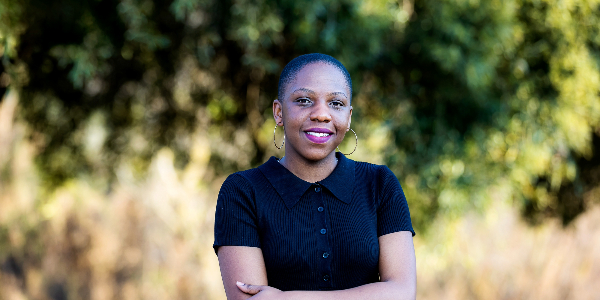
"Clean! Clean of what?”

There is a widespread view that labour as a counter-hegemonic force has come to an end.

Inequality remains on the top of the policy priority list for most countries in the world.

From US car factories to public sector workers in Nigeria and South Africa, strikes by trade unions continue among the established sectors of the working class.
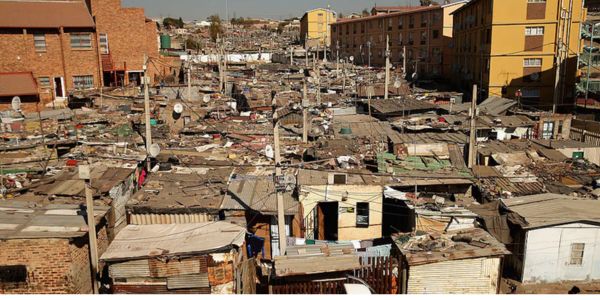
Efforts have been made to change the patterns of inequality in South Africa. But not enough has been done. Race-based inequality is still a real problem.

South Africa is ranked one of the most unequal societies in the world. The Conversation Africa spoke to Imraan Valodia, an economist, about inequality in SA
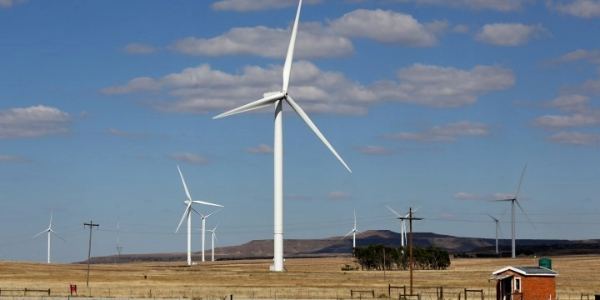
Countries across the world are redesigning their grids to cater for the fact that power generation from renewables changes the geography of electricity supply

A new eco-social contract is necessary to create a sustainable and just future, responsive to multiple and intersecting crises.
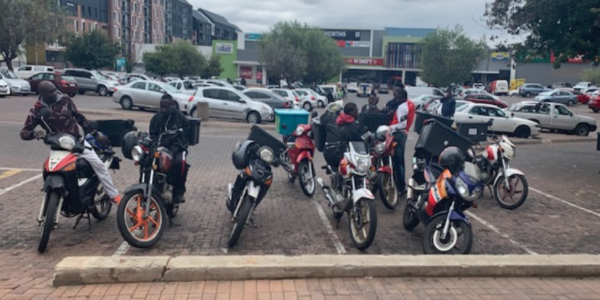
Most of the studies on gig work focus on the Global North. There's been little research on how platform workers in Africa are responding to the digital economy
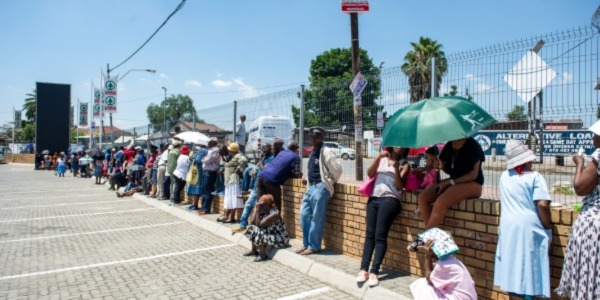
The finance minister warned in February that the 2023-24 budget would make “tough trade-offs in the interests of the country’s short and long-term prosperity”.
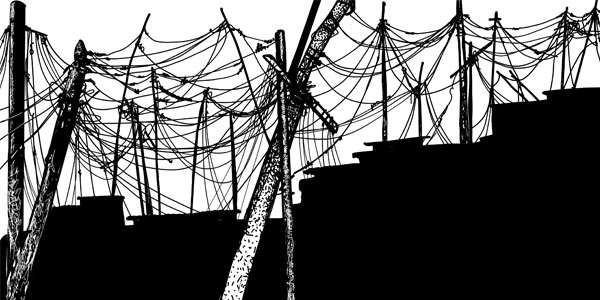
Focusing on the dynamics in the electricity sector, Professor Imraan Valodia outlines the challenges South Africa is facing and what can be done.

The continent’s debt crisis is not of its making. And cutting back on public spending will only aggravate the problem.

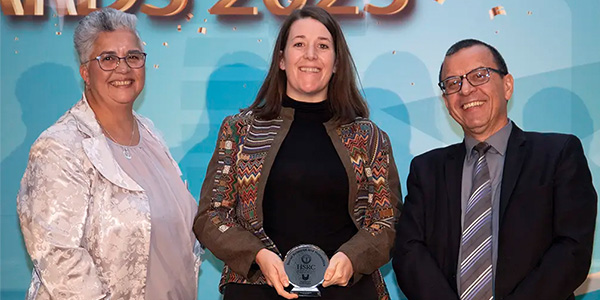
Dr Hannah Dawson, Researcher at the Southern Centre for Inequality Studies (SCIS) at Wits, wins at the HSRC and USAf CEOs’ annual award
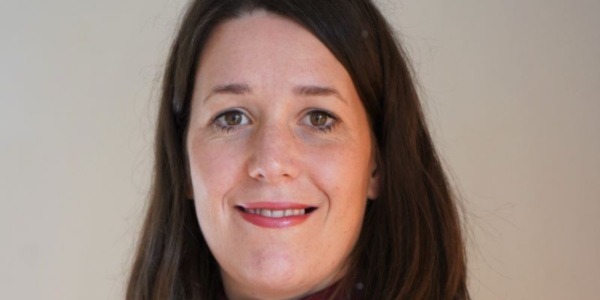
SCIS' Dr Hannah Dawson is the recipient of the prestigious 2022/23 Human Sciences Research Council (HSRC) and Universities South Africa (USAf) CEO’s Award
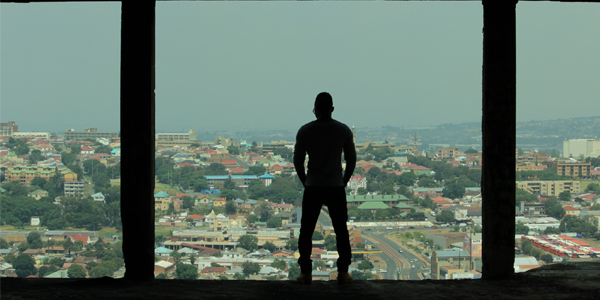
The battle for power and profits is on as the world moves towards the green agenda.

Climate change worsens inequality and inequality worsens climate change, warn experts.

Civil society organisations criticise what they say is an austerity budget
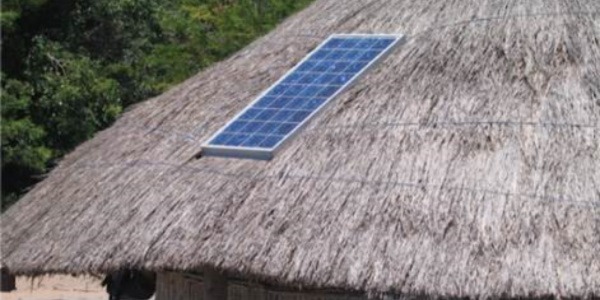
Informal settlements could drive South Africa’s solar revolution
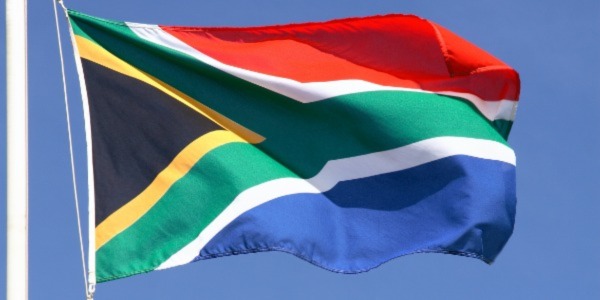
There has been much comment recently on the lack of representation of minorities in the ANC's leadership structures

The criminal justice system faces severe challenges: as organised crime has risen, the capacity of the system has diminished. Here's what the numbers tell us
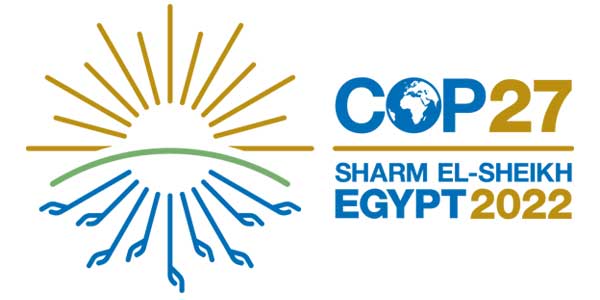
Academics unpack wins, tensions at COP27 and the way forward.

COP27 key outcomes: progress on compensation for developing countries, but more still needed
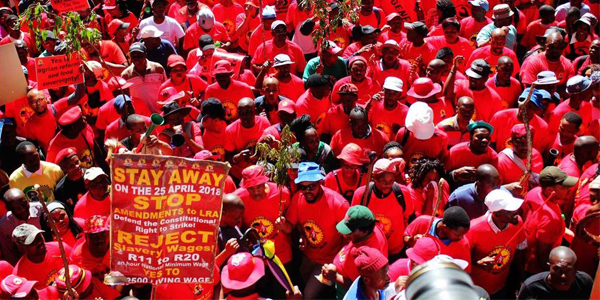
In the face of a decline in traditional union membership, it’s critical to focus on where resistance is taking place, rather than where it is not.

There is a widespread view that labour has become irrelevant as a force for change.
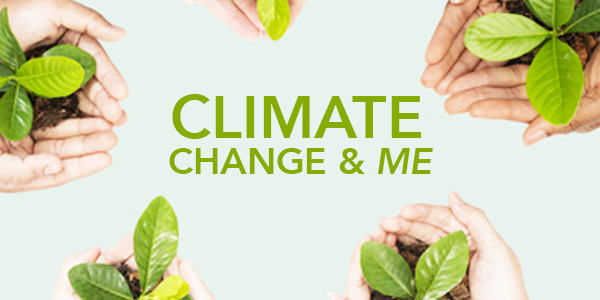
Climate Change and Me was launched in 2022 and became the largest course by student numbers ever offered at Wits University.
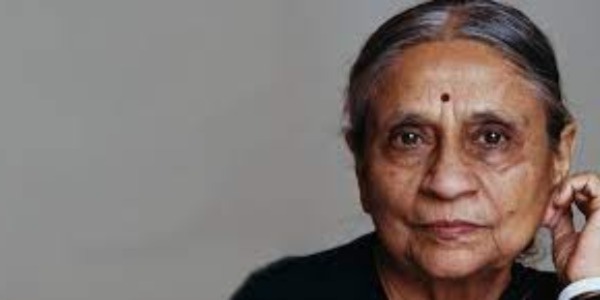
Eddie Webster pays tribute to Ela Bhatt, the founder of the Self-Employed Women’s Association of India, who died on 2 November at the age of 89.

COP27 is the 27th Conference of the Parties (countries) that signed up to the United Nations Framework Convention on Climate Change.
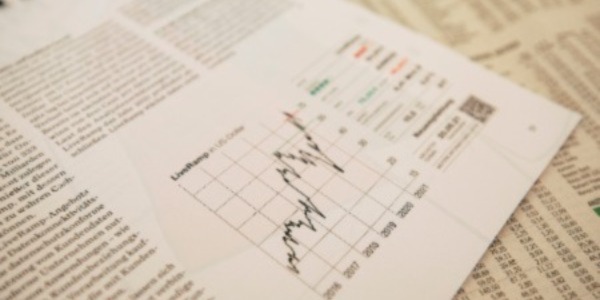

The Southern Centre for Inequality Studies (SCIS) hosted the 2022 edition of its Annual Inequality Lecture on 18 October 2022

When the minister delivers his Medium-Term Budget Policy Statement, he should show public leadership by announcing that the current approach to running the econ

Core public services – basic education, healthcare and criminal justice – account for a large share of the consumption basket of poor South Africans.

Social protection on its own doesn’t shift the dial. Radical economic policies are needed to tackle poverty and inequality.
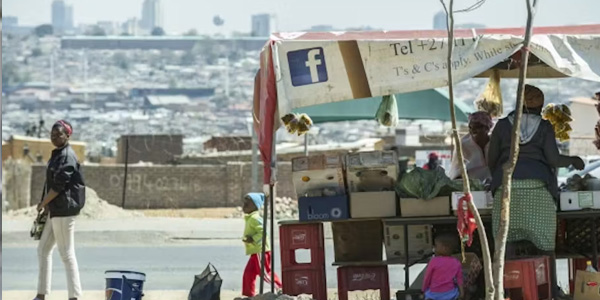

Over the last three decades, there has been a proliferation of social protection programmes across the global south in what some have dubbed a development revol

In the post-apartheid era, women in South Africa have made significant strides in the labour market.

Pasha Podcast: Innovation in the digital space is not necessarily working for people in the global south.
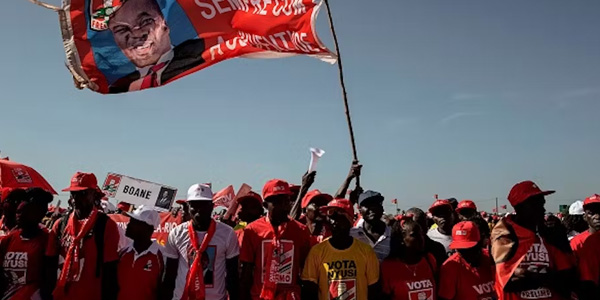

Technological changes in industry have given rise to contending schools of thought about their impact on work and workers.

Mozambique’s trade unions have not been a strong force in society – which has left a space for others to fill.

Digital labour platforms are rapidly transforming the world of work.

The recent release of the Quarterly Labour Force Survey (QLFS) by Stats SA provides a glimmer of hope in the wake of the Covid-19 pandemic.

Narrative frames are fundamental to unifying ideologies. They frame what is possible and impossible, which ideas can be accepted and which must be rejected.
FordSCIS.jpg)
The COVID-19 pandemic has had a significant and uneven impact on the global economy and on the lives and livelihoods of millions of people around the world.
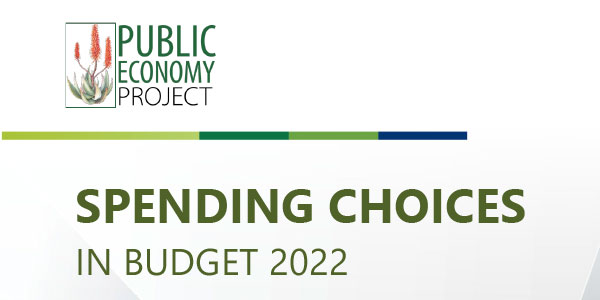
The Public Economy Project has offered an independent appraisal of expenditure choices implied by the South African 2022 budget.

The first in the dialogue policy series hosted by The Future of Work(ers) Research Group at SCIS.

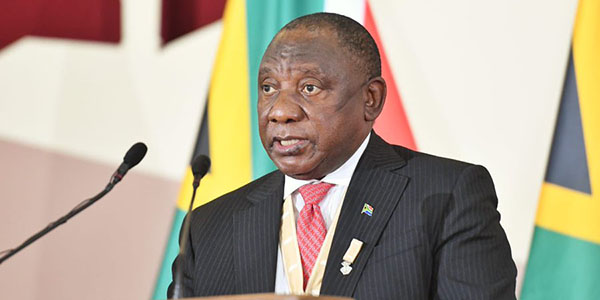
The book comes at a time of great upheaval in the global economy.

Utopian thinking, revisiting the ideas of Rick Turner in the current political context.
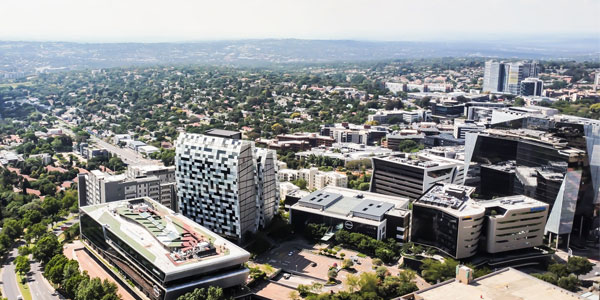
Basic income support is not a question of government “being generous”. The money will be taken from employed citizens and the affluent.

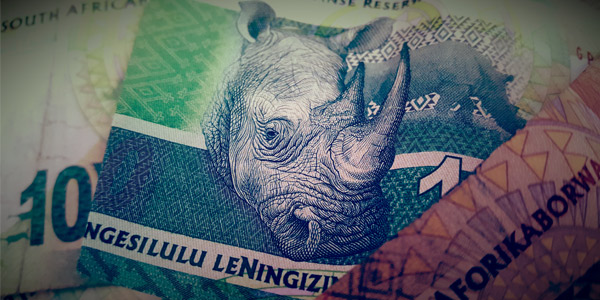
National Treasury’s strategy to overcome South Africa’s chronic fiscal crisis rests on highly uncertain political and economic foundations.
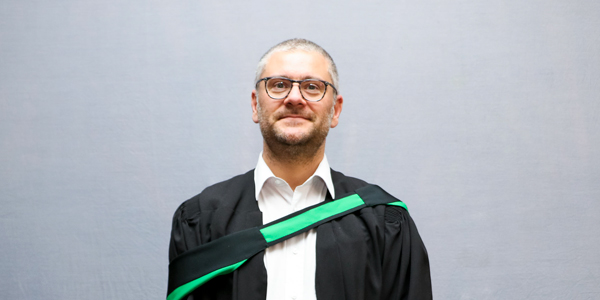
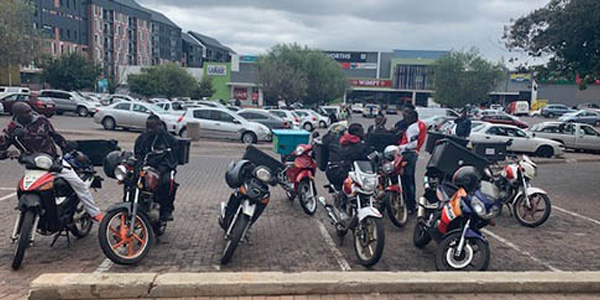

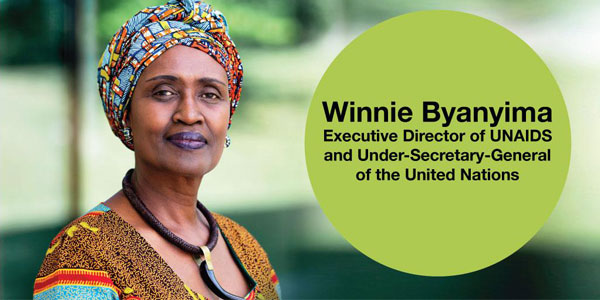
Greater urgency is needed in the response to pandemics, to end AIDS and to end COVID-19.
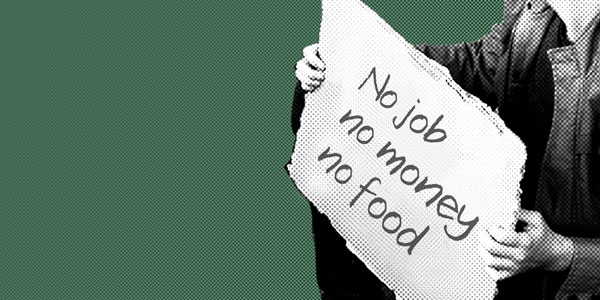
Greater urgency is needed in the response to pandemics, to end AIDS and to end COVID-19.
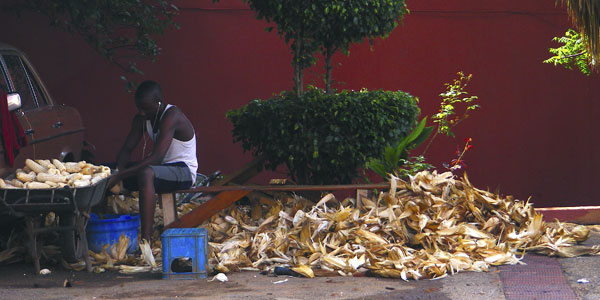
Recent developments in the organisation of production have led to the decline of wage employment across much of the world.
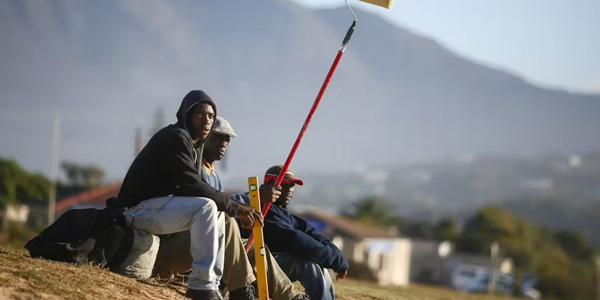
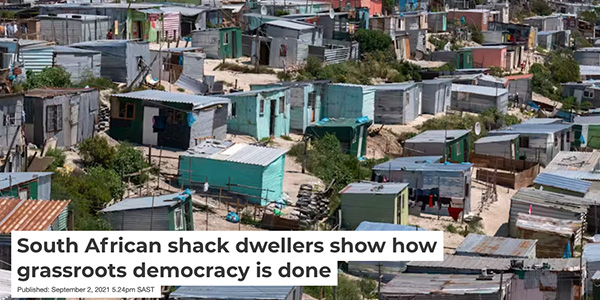
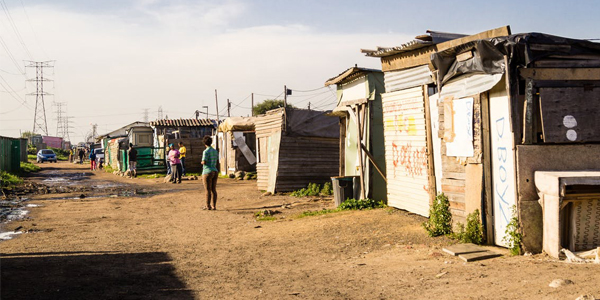
Trevor Ngwane shows how structures that emerged in the struggle against apartheid continue in democratic South Africa, now in conflict with the ruling ANC.

A wealth tax could make a significant contribution to alleviating South Africa’s ailing fiscal situation.

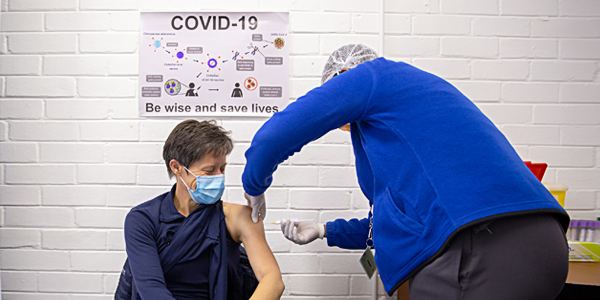
South Africa has clearly suffered the consequences of poor strategic decisions to this point. It doesn't need to continue along these lines.

The SCIS is looking for an evaluation specialist to support the establishment of a monitoring and evaluation framework for the Centre.

Many unemployed young people are engaged in a variety of economic activities. These may not necessarily be recognised as a form of self employment.
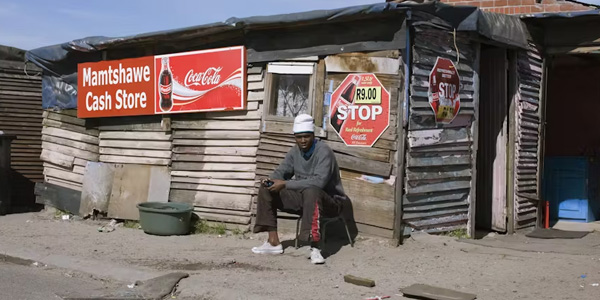

Rethinking capitalism requires that the primary focus should be on the distribution of economic power as the potential leading causal factor driving inequality.

Today we speak to Dr Hannah Dawson Senior Researcher: Future of Work(ers) Southern Centre for Inequality Studies
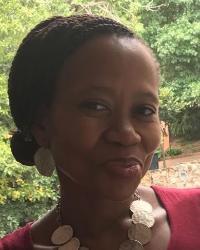
Today we speak to Kitso Kgaboesele, Researcher: Communications and Engagement, Southern Centre for Inequality Studies

Companies being required to go public with information about executive and workers pay packets is increasingly becoming the norm.
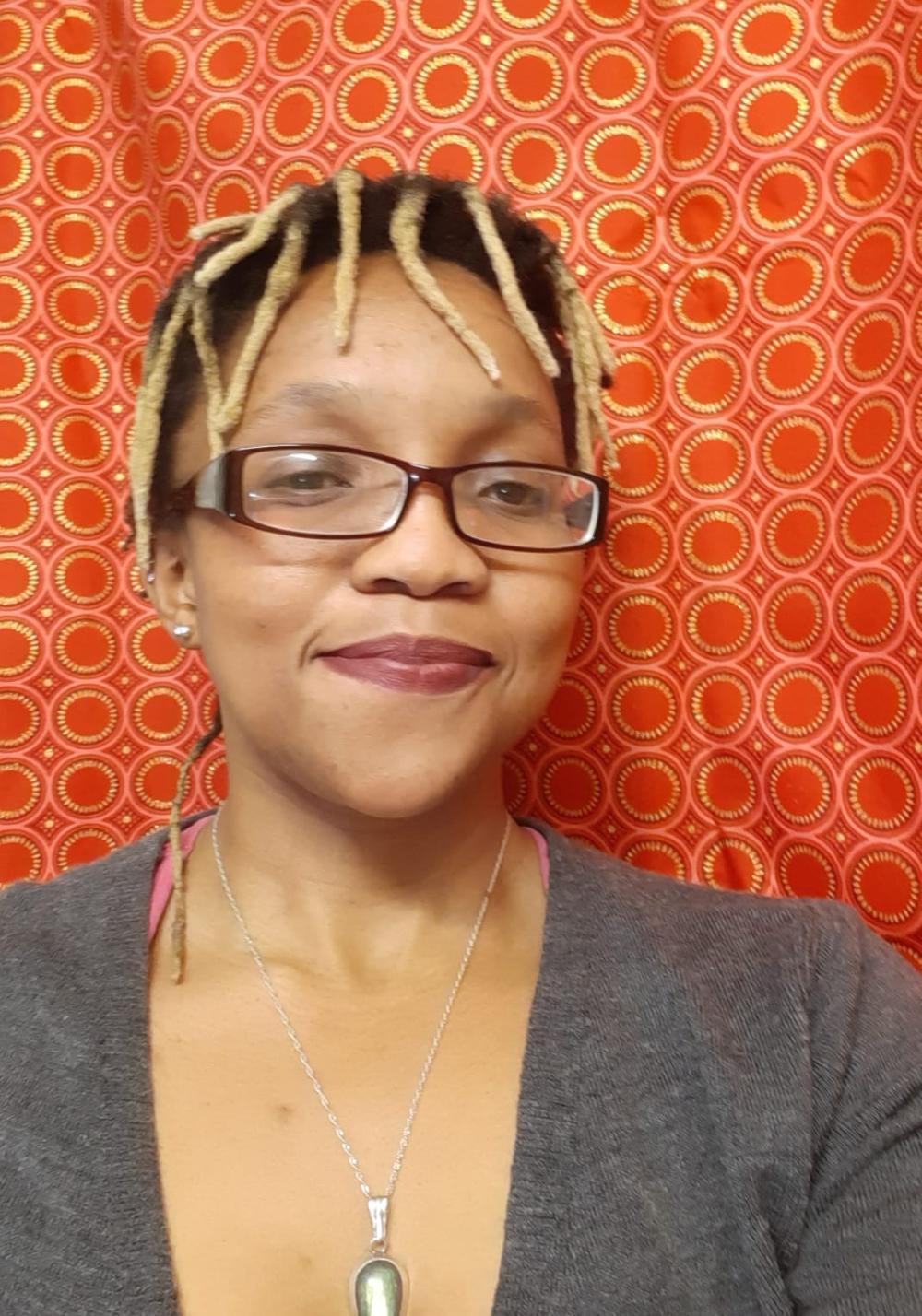
Today we speak to Zukiswa Kota, Programme Head at the Public Service Accountability Monitor (PSAM) at Rhodes University

How power is distributed in SA and how those with power think about wealth and income.

Today we speak to David C. Francis, the Deputy Director at the Southern Centre for Inequality Studies
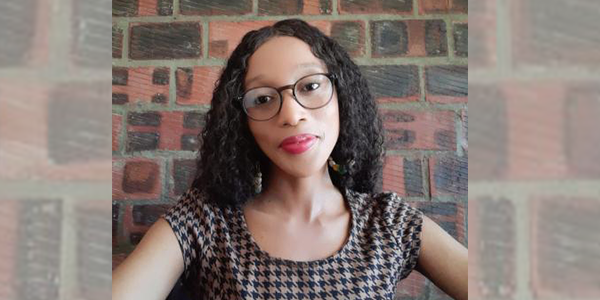
Today we speak to Siviwe Mhlana, Researcher: Inequality Studies at the Southern Centre for Inequality Studies.
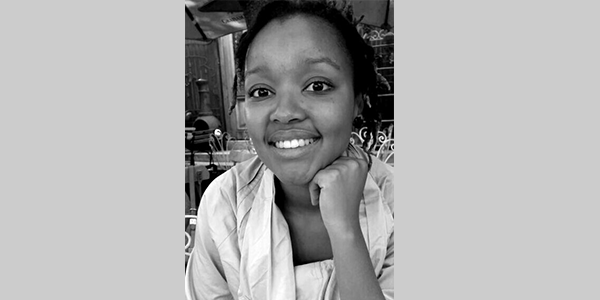
Today we speak to Sandiswa Mapukata, a research associate on the Future of Work(ers) project at SCIS


Today we speak to Ruth Castel-Branco, Research Manager – Technology and the Future of Work(ers) Southern Centre for Inequality Studies (SCIS).
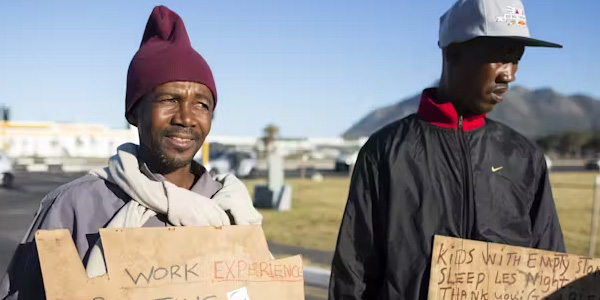
.jpg)
New paper shares details on how to implement a wealth tax in South Africa.
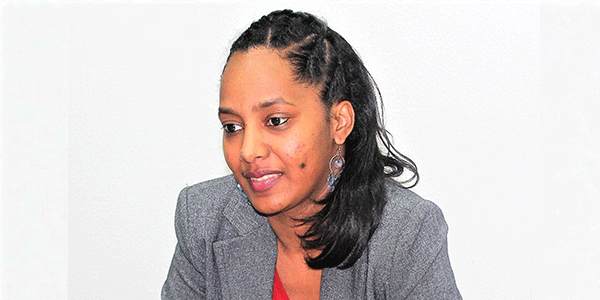
Today we speak to Rosimina Ali, a Researcher in Economics at the Institute for Social and Economic Studies, (IESE)

Today we speak to Fikile Masikane, a PhD Candidate in the Department of Sociology at Wits.
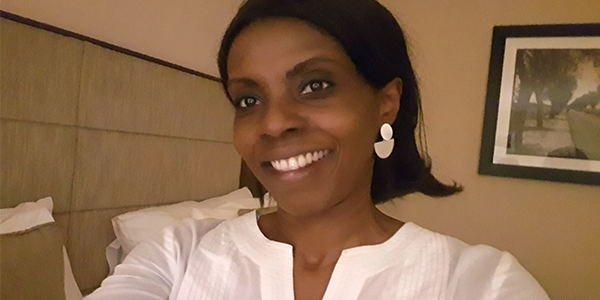
Today we speak to Olivia Faite Izidine from the National Institute for Social Action in Mozambique.
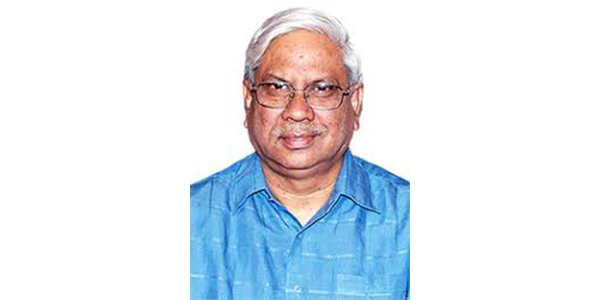
Today we speak to Professor Ravi Srivastava from the Institute for Human Development, India.
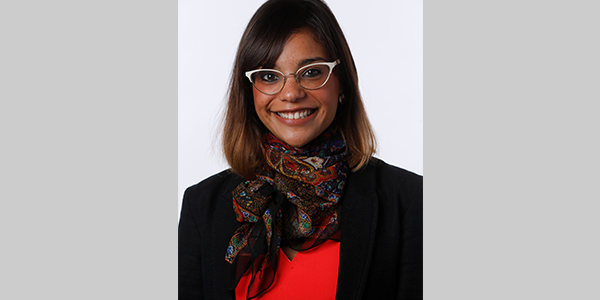
Today we speak to Thandiwe Matthews, a human rights attorney and doctoral candidate in Law and Development Studies.
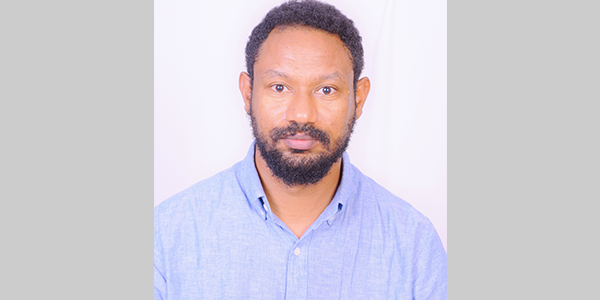
Today we speak to Zerihun Berhane, an Assistant Professor in the Center for African and Asian Studies at Addis Ababa University.
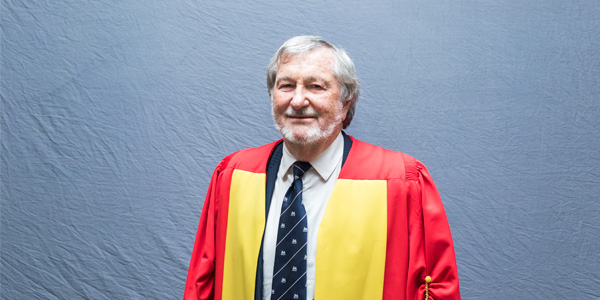
Today we speak to Professor Edward Webster, Distinguished Research Professor at the Southern Centre for Inequality Studies (SCIS).
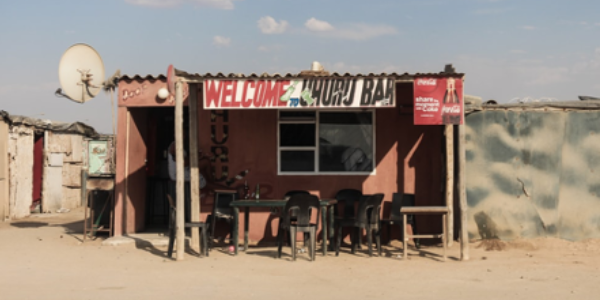
The COVID pandemic has accelerated the use of digital technologies within the world of work.
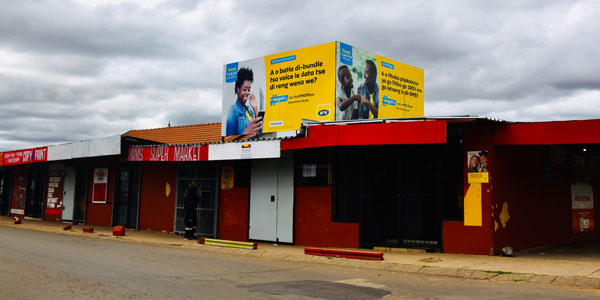
Resolution of the fiscal crisis depends on faster economic growth which must be led by private investment.
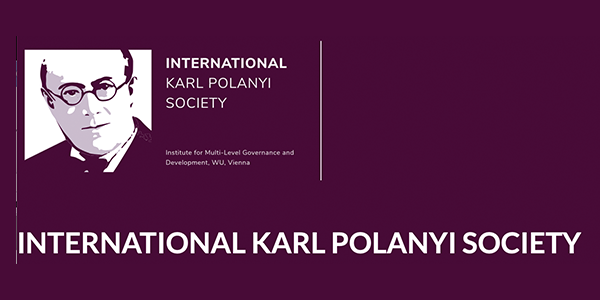
Edward Webster elaborates on the importance of Karl Polanyi’s work for South Africa.

This is the second of three blog posts that will examine the relationship between digital technologies and work.

This is the first of three blog posts that will examine the relationship between digital technologies and work.

Digital divides ensure that only 11% of households have access to the internet.
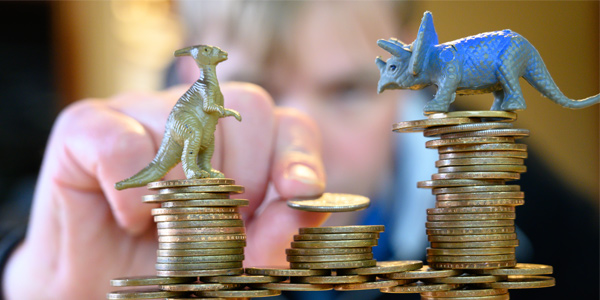
The budget is one of the key tools that government has to effect meaningful change.

South Africa needs to focus urgently on how COVID-19 will reshape its labour market.

New level 3 regulations mark an important strategic shift in the government’s approach to the coronavirus pandemic.

South Africa cannot afford to embark on a strategy of extended periodic lockdowns. It needs to shift to mass testing and contact tracing.

The 1% point increase in Value Added Tax (VAT) rate this year has raised important questions about how the tax system can and should address inequality.

How is it possible that we can have a society with so much wealth and so much poverty?
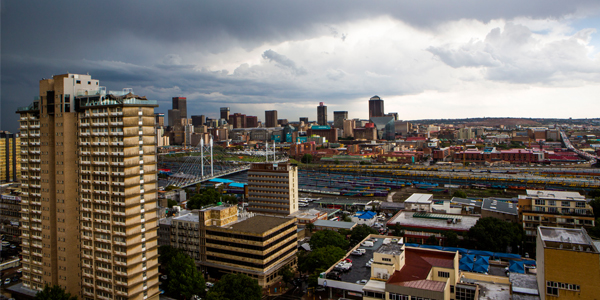
It is widely accepted that SA is one of the most unequal societies in the world.
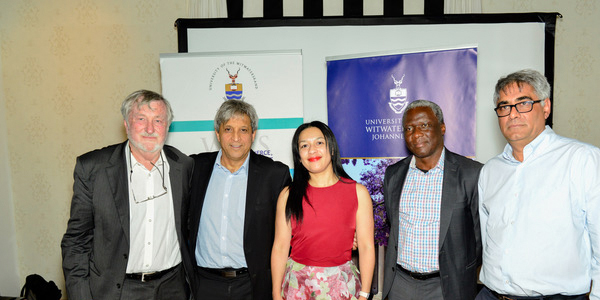
Wits launches first Centre for inequality in the southern hemisphere.